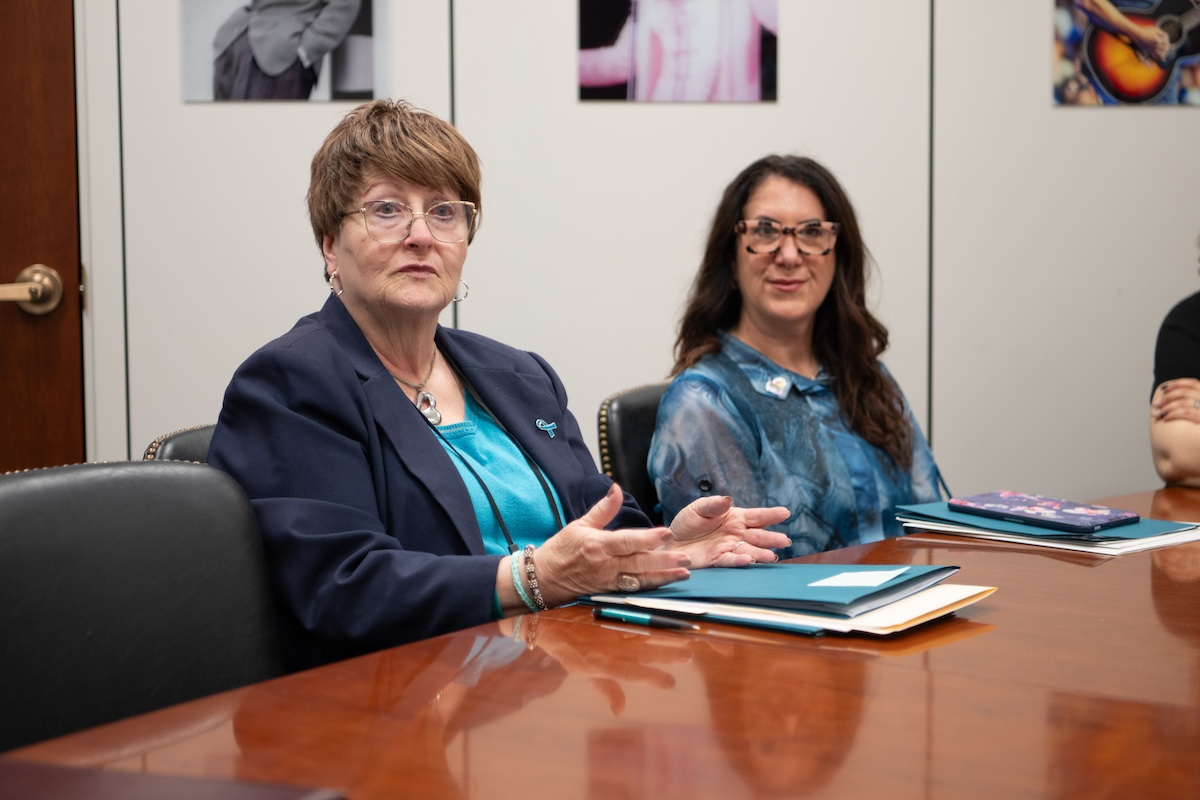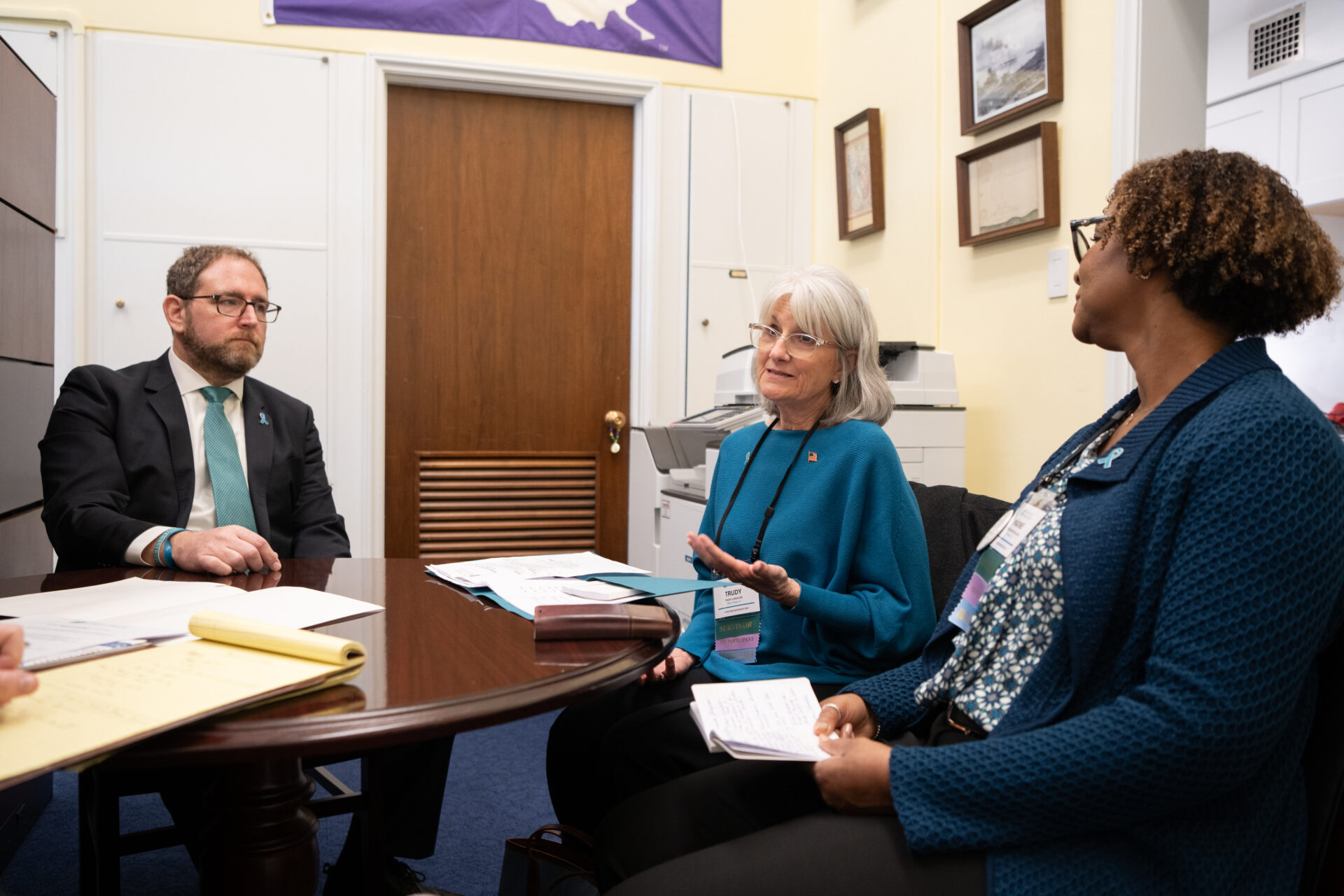November 18, 2015
Contact:
Lisa Mauti
lmauti@ovariancancer.org
Public health evidence points to need for FDA regulation of laboratory developed tests
“The consequences of inaccurate test results, such as false positives, can result in the unnecessary removal of a woman’s ovaries. It is critical that patients know their test results can be trusted.”
Washington, DC — On Tuesday, the Food and Drug Administration (FDA) released a report: The Public Health Evidence for FDA Oversight of Laboratory Developed Tests: 20 Case Studies, that outlines the harm that not regulating laboratory developed tests (LDTs) can cause to patients and to the economy. Included in the report were two case studies about LDTs that screen for ovarian cancer in asymptomatic patients and one LDT that claims it predicts the likelihood that a patient will develop ovarian cancer.
The Ovarian Cancer National Alliance has long supported the positions put forth in the FDA draft guidance for regulating LDTs and support their newly released report, and today released the following statement from Alliance CEO Calaneet Balas:
“The Ovarian Cancer National Alliance applauds today’s Food and Drug Administration release of evidence-based case studies outlining the urgent need to regulate laboratory developed tests.
“These tests are increasingly used to guide complex medical treatment decisions. The consequences of inaccurate test results, such as false positives, can result in the unnecessary removal of a woman’s ovaries. It is critical that patients know their test results can be trusted.
“The FDA report highlights what we in the ovarian cancer community already knew firsthand to be the danger of a test that hasn’t gone through FDA approval. OvaSure, an early detection test for ovarian cancer, came to market in 2008 without independent verification and oversight. This test didn’t accurately predict ovarian cancer cases, leading otherwise healthy women to have their ovaries removed based on bad information.
“The report also brings to light evidence for two other faulty diagnostic tests for ovarian cancer, OvaCheck and PreOvar KRAS-Variant. Fortunately, OvaCheck was quickly pulled off of the market; however, PreOvar KRAS-Variant remains on the market despite insufficient evidence that it can accurately predict risk of ovarian cancer and response to treatment for women who are already diagnosed.
“Some laboratory development test companies already have both sought and received FDA approval. We applaud these companies’ commitment to patient health and safety and shine a light on these examples to show how swiftly these guidelines can be complied with.
“The Ovarian Cancer National Alliance welcomes the development and use of tests that can help guide treatment and diagnosis for women with and at risk of developing ovarian cancer, but we must have confidence that these tests are valid.”
For more information, or to schedule an interview, please contact Lisa Mauti at lmauti@ovariancancer.org or 443-845-2626.
###
The Ovarian Cancer National Alliance (OCNA) is a powerful voice for everyone touched by ovarian cancer, connecting survivors, women at risk, caregivers and health providers with the information and resources they need. OCNA ensures that ovarian cancer is a priority for lawmakers and agencies in Washington, D.C., and throughout the country. OCNA works with the community to raise their voices on behalf of every life affected by this disease.


